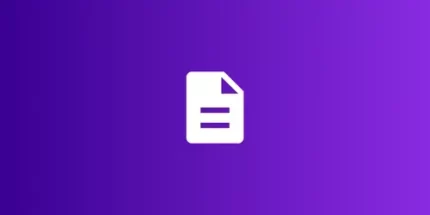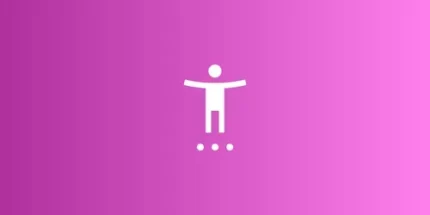Sample Prompt
Speak as a career coach, as an [ anthropologist ] what are key strategies for mid-career professionals in this industry looking to transition industries? Using professional lingo answers should be applicable to real life.
Sample Response
Here are key strategies, to facilitate a successful industry transition:
Skill Translation: Evaluate how your anthropological skills can be translated into skills desired in other industries. For example, qualitative research, ethnographic skills, and cultural sensitivity are highly valued in user experience (UX) design, market research, and international development.
Professional Networking: Expand your professional network to include contacts in your target industry. Engaging in networking groups, attending conferences, and participating in workshops can help you gain industry-specific insights and connect with potential employers or collaborators.
Continuing Education: Consider further education or certifications that can bridge any skill gaps. For instance, a course in data analysis, project management, or a specific software tool used widely in your target industry can enhance your employability.
Strategic Volunteering or Internships: Gain practical experience and demonstrate your commitment to the new field through volunteering or internships. These opportunities allow you to apply your anthropological skills in new contexts and can sometimes lead to job offers.
Personal Branding: Update your professional branding materials to reflect your interest and capabilities in the new field. This includes your LinkedIn profile, CV, and personal website. Highlight transferable skills and relevant projects or research.
Industry Research: Conduct thorough research on your target industry. Understand the key challenges, emerging trends, and the economic outlook. This knowledge will allow you to speak intelligently about the industry in interviews and network interactions.
Mentorship: Seek out a mentor already established in the industry. A mentor can provide guidance, feedback on your career transition plan, and introduce you to key contacts.
Adaptation of Methodological Skills: Leverage your methodological skills to provide unique perspectives in new roles. For example, the ability to conduct ethnographic fieldwork is invaluable for roles in community engagement, policy development, and diversity and inclusion initiatives.
Conference Participation: Present your work at conferences that are not strictly anthropological but related to your new field of interest. This can increase your visibility and establish your credibility in the new arena.
Cross-Disciplinary Publications: Publish articles or papers that showcase the application of anthropological insights to other fields. This demonstrates your ability to apply your expertise broadly and can attract the attention of potential employers.
Real-Life Application Examples:
UX Research: An anthropologist used their ethnographic research skills to transition into a UX research role at a tech company. They took a certification course in UX design, updated their LinkedIn profile to highlight their research and analysis skills, and volunteered to work on a local app development project to gain relevant experience.
Policy Advisor for NGO: Leveraging their background in social anthropology, another professional transitioned into a role as a policy advisor for an international NGO focused on education. They networked within this sector by attending relevant policy and educational development conferences and engaging with professionals via LinkedIn groups dedicated to educational policy.














